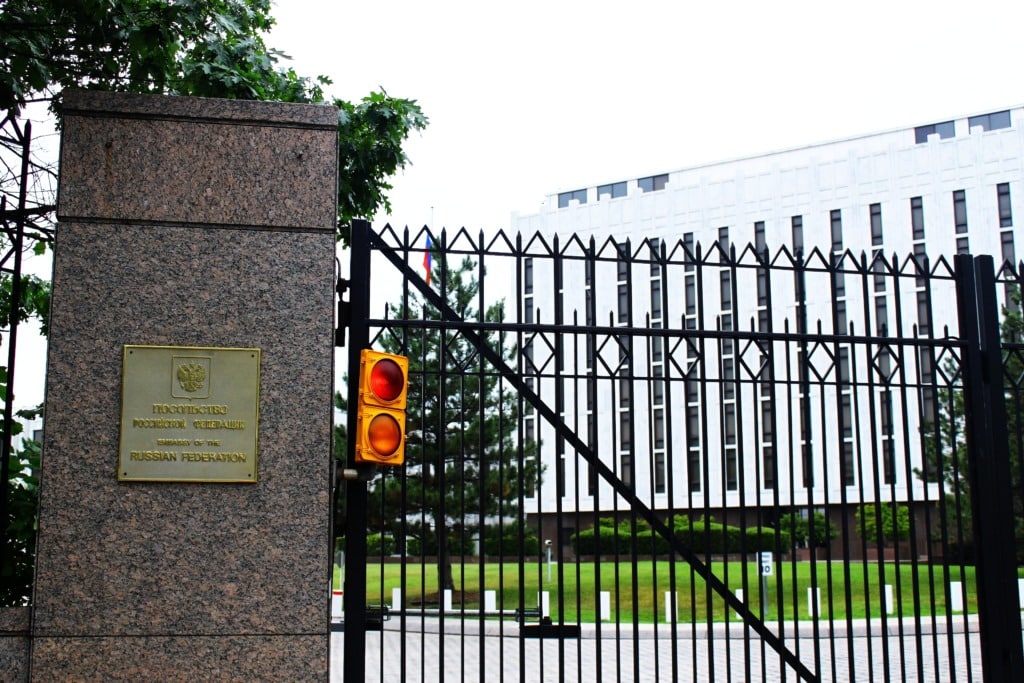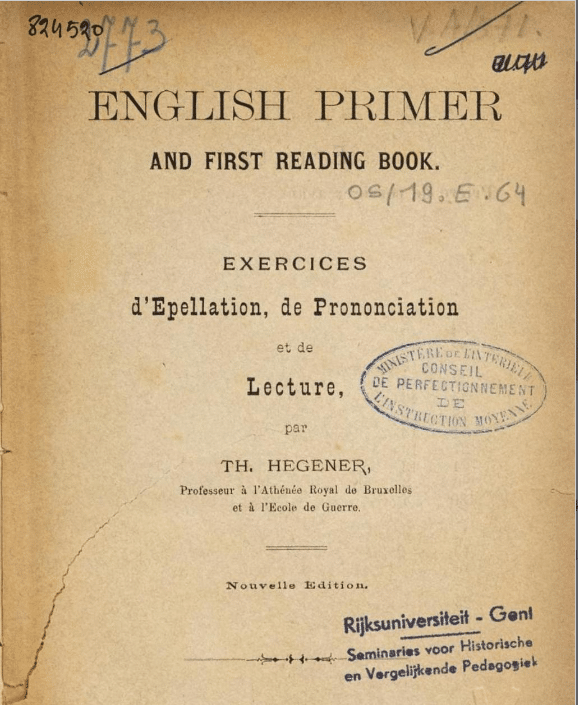Serving Process on Russia Through “Diplomatic Channels” Under the FSIA
A party suing a foreign state in federal or state court must comply with the Foreign Sovereign Immunities Act (FSIA). The FSIA governs not only when a foreign state is immune from suit and from execution, but also how a foreign state must be served with process. Section 1608(a) provides four possible methods of service…
Continue ReadingThe Impossibility of Schrödinger Service
In quantum physics, a system can exist in two states at the same time. When the system is observed, it settles into one of those states. The physicist Erwin Schrödinger found this notion somewhat absurd. In a thought experiment, he imagined a cat in a closed box with a flask of poison and a radioactive…
Continue ReadingServing Foreign Defendants’ U.S. Counsel to Avoid the Hague Service Convention
Plaintiffs are sometimes frustrated trying to serve process on foreign defendants through the Hague Service Convention. Sometimes, they ask federal district courts to authorize service by email as an alternative means. The problem with this, as Maggie Gardner and I have explained in detail, is that that the means of service provided in the Convention…
Continue ReadingDistrict Court Holds that Serving Chinese Defendants by Email is Prohibited
My posts on TLB often criticize judicial opinions. Today, for a change, I’d like to celebrate a district court decision addressing the thorny question of email service under the Hague Service Convention that gets the answer exactly right. In Flying Heliball, LLC v. Zero Zero Robotics, Inc., Judge Fred W. Slaughter (Central District of California)…
Continue ReadingA Primer on Service-of-Process Clauses
A service-of-process clause is a contract provision that specifies how a summons and a complaint shall be served upon a person named as a defendant in a U.S. court. This post surveys the issues presented by such provisions. It first discusses the three most common varieties: (1) those that specify a method by which process…
Continue ReadingA Roadmap to Service by Email
Federal courts have struggled with the question of when they can authorize service by email on a defendant located in a country that belongs to the Hague Service Convention—as we have explained in many prior posts. Though the interaction between the Convention and Federal Rule of Civil Procedure 4(f) can be tricky, there are clear…
Continue ReadingAnother Thoughtful Decision Limiting Email Service
The interplay between Rule 4(f) and the Hague Service Convention (HSC) is intricate and challenging. In a recent order, U.S. Magistrate Judge Diana Song Quiroga of the Southern District of Texas said a lot of smart things about this interplay that bear repeating by other district courts. Three Cheers The judge denied a request in…
Continue ReadingThird Circuit Addresses Email Service under the Hague Service Convention
A new decision by the Third Circuit, SEC v. Lahr, correctly analyzes the tricky question of email service under the Hague Service Convention. The court’s clear explanation will be of great help to district courts across the country, which remain divided on this question. Unfortunately, the Third Circuit chose not to publish its decision, so…
Continue ReadingA Big Step Forward for Service by Email under the Hague Service Convention
The Special Commission on the practical operation of the Service, Evidence, and Access to Justice Conventions has just completed its 2024 meeting and, at last, taken on the issue of service by email under the Hague Service Convention. Its conclusions are welcome and should have a significant influence on U.S. courts’ decisions, which in recent…
Continue ReadingDesperately Seeking Interlocutory Appeal
Despite some excellent opinions correctly interpreting the Hague Service Convention (HSC) and Rule 4(f)(3) in recent years, the district courts continue to be deeply divided on recurring questions of international service of process, in particular the permissibility of service by email or by other electronic means. Bill Dodge and I think such questions are clearly…
Continue Reading






